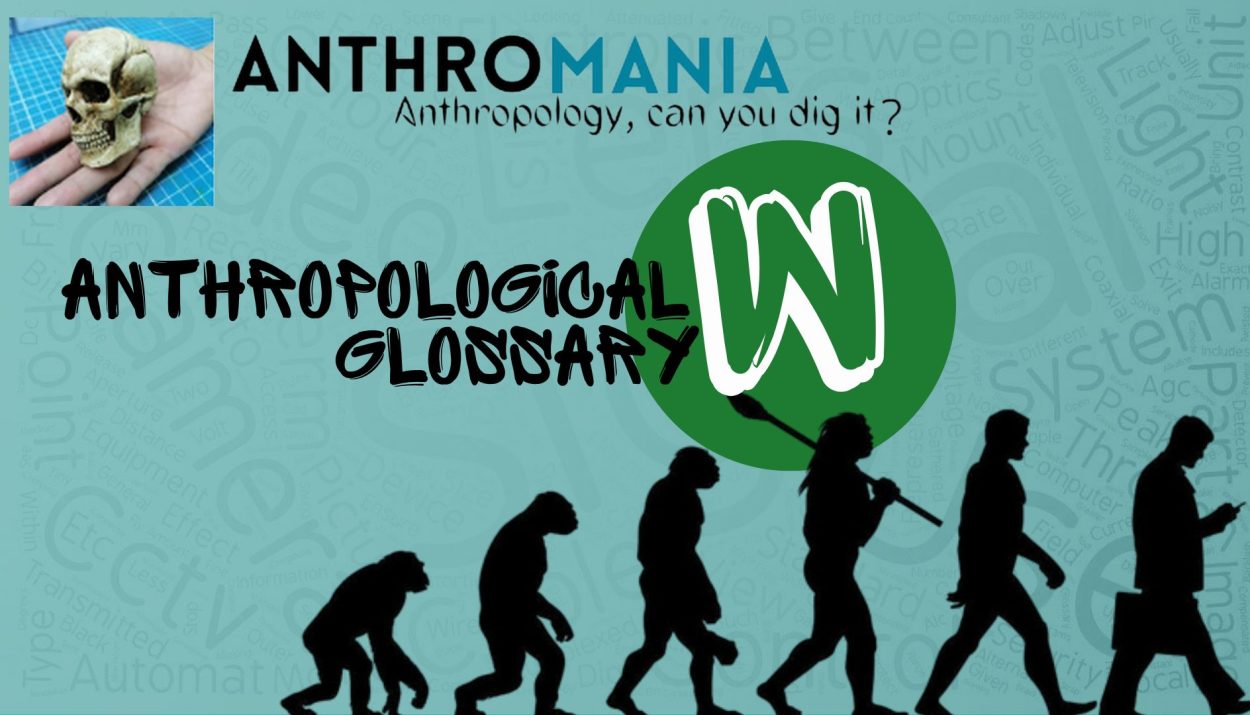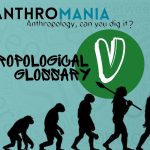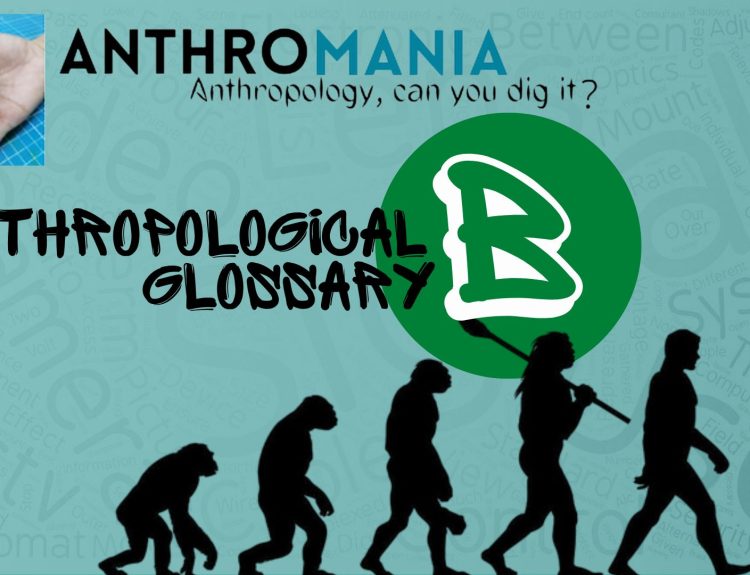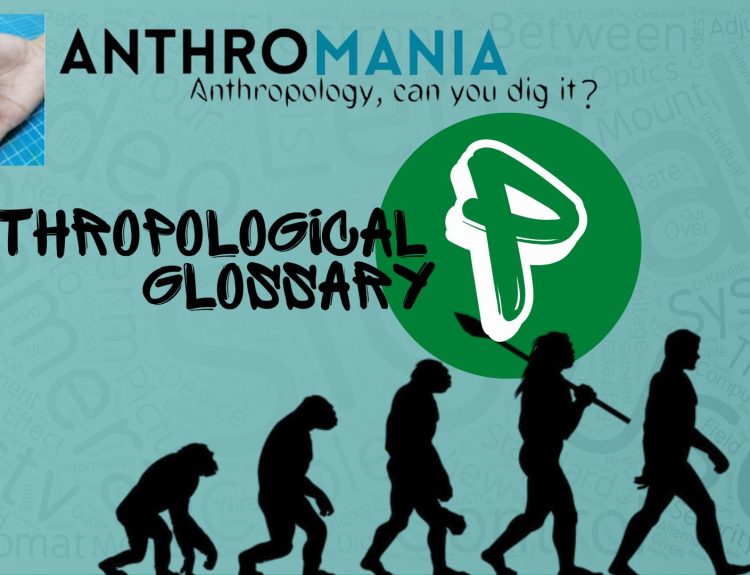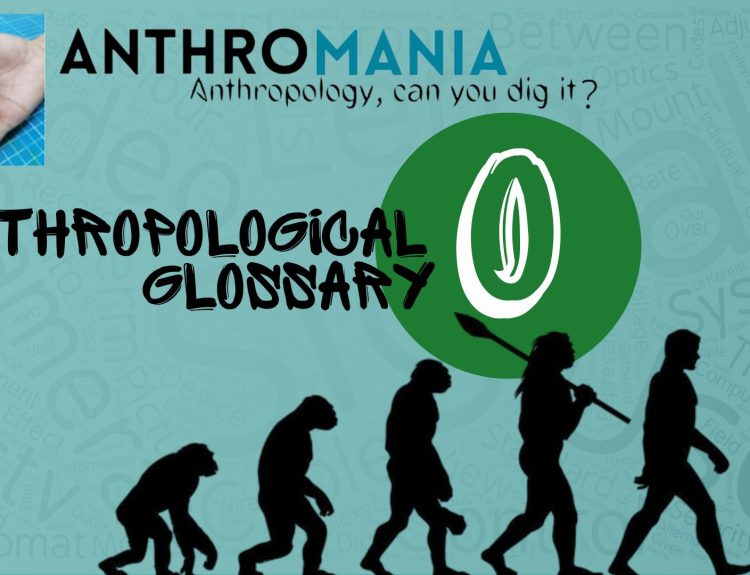Dive into the diverse world of anthropological glossary (Letter W). From the cultural significance of wampum and widowhood rites to the impact of warfare and wealth inequality, these terms shed light on the intricate fabric of human societies and behaviours.
Wampum: Wampum refers to traditional Native American shell beads, often made from clamshells, used as currency, ornaments, and ceremonial items. It holds cultural and economic significance.
Warfare: Warfare is the organized and often violent conflict between different groups or societies. Anthropologists study the cultural, social, and political aspects of warfare, as well as its impact on communities.
Waste Management: Waste management is the handling and disposal of waste materials within a society. Anthropologists explore how different cultures manage and interact with waste and its environmental consequences.
Water Rights: Water rights refer to legal or customary entitlements to access and use water resources. These rights vary across cultures and can have significant ecological and social impacts.
Wealth: Wealth encompasses the accumulation of assets, resources, and material possessions. Anthropologists examine how wealth is distributed, perceived, and valued within different cultures.
Wealth Inequality: Wealth inequality refers to the unequal distribution of financial assets and resources within a society or among individuals.
Weaning: Weaning is the gradual process of transitioning an infant or young animal from a diet of mother’s milk to solid food. It has cultural and health implications and varies across societies.
Wearable Technology: Wearable technology includes devices such as smartwatches, fitness trackers, and augmented reality glasses that are worn by individuals.
Weatherlore: Weatherlore consists of traditional knowledge and beliefs related to weather patterns, often passed down through oral traditions. It reflects cultural adaptations to climate and natural phenomena.
Web of Kinship: The web of kinship is a social network of familial relationships that extends through various degrees of kinship, including relatives by blood, marriage, and other affiliations.
Weberian Theory: Weberian theory is a sociological and anthropological framework developed by Max Weber. It emphasizes the role of bureaucracy, rationalization, and authority in shaping social structures and institutions.
Welfare Culture: Welfare culture refers to a cultural phenomenon where individuals or groups become reliant on government welfare programs, which can have social and economic implications.
Welfare State: A welfare state is a concept in political anthropology and sociology that refers to a government system providing social and economic support to its citizens, such as healthcare, unemployment benefits, and education.
Westernization: The adoption of Western cultural practices, values, and lifestyles by non-Western societies found in Western societies, including those in Europe and North America.
Read- Westernization and the Indian Culture
Wetland: Wetlands are ecosystems characterized by a combination of water, vegetation, and various animal species. Anthropologists may study the cultural significance of wetlands and their use by human communities.
White Collar Crime: White collar crime refers to non-violent, financially motivated crimes typically committed by individuals in positions of trust and authority within organizations. It includes activities like embezzlement and fraud.
Widowhood Rites: Widowhood rites are cultural practices and ceremonies performed upon the death of a spouse. These rites can vary widely between cultures and may involve mourning, rituals, or even social restrictions.
Wildlife Conservation: Wildlife conservation is the practice of protecting and preserving animal species and their habitats. Anthropologists may study the cultural and ethical dimensions of conservation efforts.
Witchcraft: Witchcraft refers to the practice of magic, often associated with individuals believed to possess supernatural powers. It is a complex cultural phenomenon with diverse interpretations and practices.
Witch Doctor: A witch doctor is a traditional healer or spiritual practitioner in some cultures, often associated with the diagnosis and treatment of illnesses or the resolution of supernatural issues.
Witch Hunt: A witch hunt is a social or political phenomenon where individuals or groups are accused of witchcraft or other perceived wrongdoings and subjected to persecution or discrimination.
Women’s Studies: Women’s studies are an interdisciplinary field within anthropology and other social sciences that focuses on the experiences, roles, and contributions of women in different cultures and societies.
World Heritage Site: A World Heritage Site is a location recognized and protected by UNESCO for its cultural, historical, scientific, or natural significance. These sites are considered to be of global importance.
World System Theory: World system theory is a sociological and anthropological perspective that examines global economic and political systems and their impact on societies and cultures.


